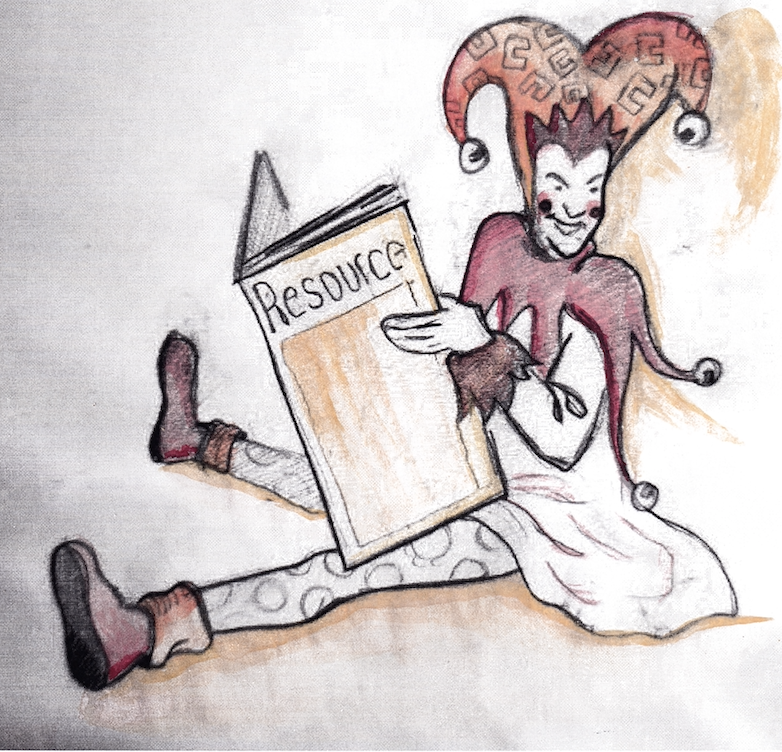In 2020 Harm Ligtenberg wrote an article about WUR being the best university for the 15th year in a row. The article was intended to be published by Resource, however, this didn’t happen. Below you can read the translated version of the article and conversation between the author and Resource around this important and not addressed analysis.
Article: Best University 15th year in a row by Harm Ligtenberg
Recently, Wageningen University and Research (WUR) once again emerged as the best university. At least, according to the choice guide. And that for the 15th year in a row. This is, of course, an enormous achievement and certainly something to be proud of as an educational institution! However, this does not mean that it is not worth taking a critical look at the way in which these results have been achieved.
The most striking difference with WUR and other universities is the Binding Study Advice (BSA). With 36 points after the resit period in the summer vacations, this is the lowest of all Dutch universities. This means that at the end of the regular academic year not even half of the subjects need to have been passed. With one or two resits during the summer vacations, the 36-point limit can still be achieved.
Another area in which things are made very easy for Wageningen students, at least in relation to other Dutch universities, is that of resits. There are six examination and two resit periods. In the first year there are introductory courses that are given every period. If a student fails such a subject, there is no mechanism that prevents him from re-enrolling in the next period. In this way, it is possible to take an exam eight times in 1 college year. Even subjects that are only taught once a year can be retaken indefinitely.
These two aspects are reflected in a very direct way in the assessment of a program. In fact, 10% of it is based on the “survival rate” after the first year, or in other words the percentage of students who re-enroll in the same program after the first year. Thus, an extremely low BSA contributes to a higher score on this component because it is a lot easier to get 36 credits than the much more common 45 (and often higher) at other universities. Another 10% is based on the percentage of students who complete their bachelor’s degree within four years. So, for example, this is the percentage of students who started their studies in 2015, re-enrolled in a wo bachelor’s program after 1 year, and earned a bachelor’s degree in science education by September 1, 2019. The fact that this percentage is high in Wageningen is again a direct result of the lenient policy surrounding resits.
One-fifth of a program’s performance is thus strongly influenced by the soft regulations in Wageningen. Could this perhaps play a role in putting down the unmatched series of best university qualifications? Perhaps this will be a justifiable relativization if we are to become the best university next year for the 16th time in a row.
The article and the conversation were originally in Dutch and translated with www.DeepL.com/Translator.
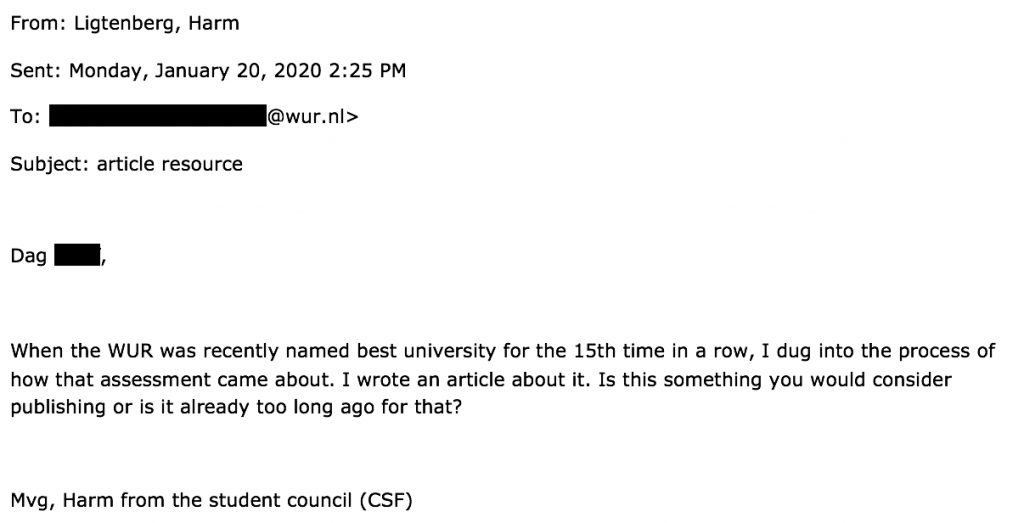
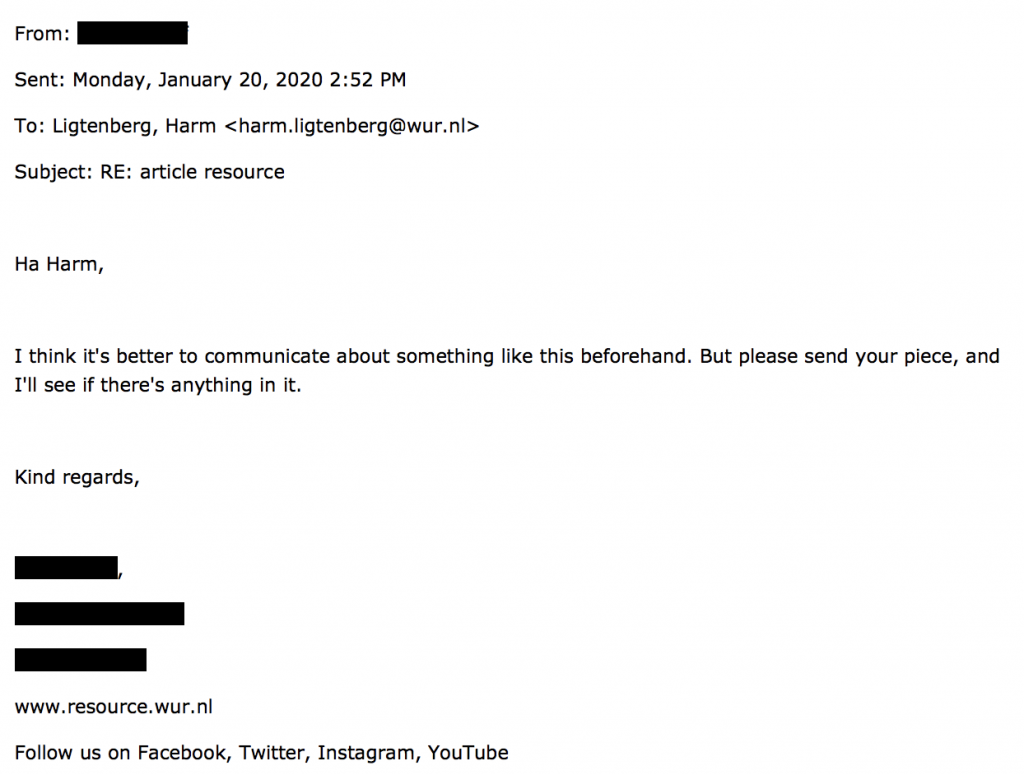
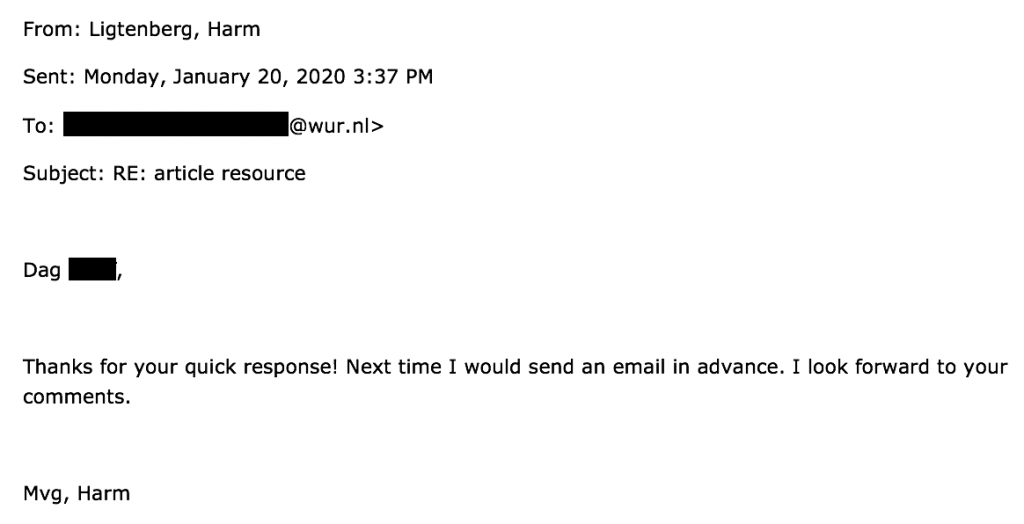


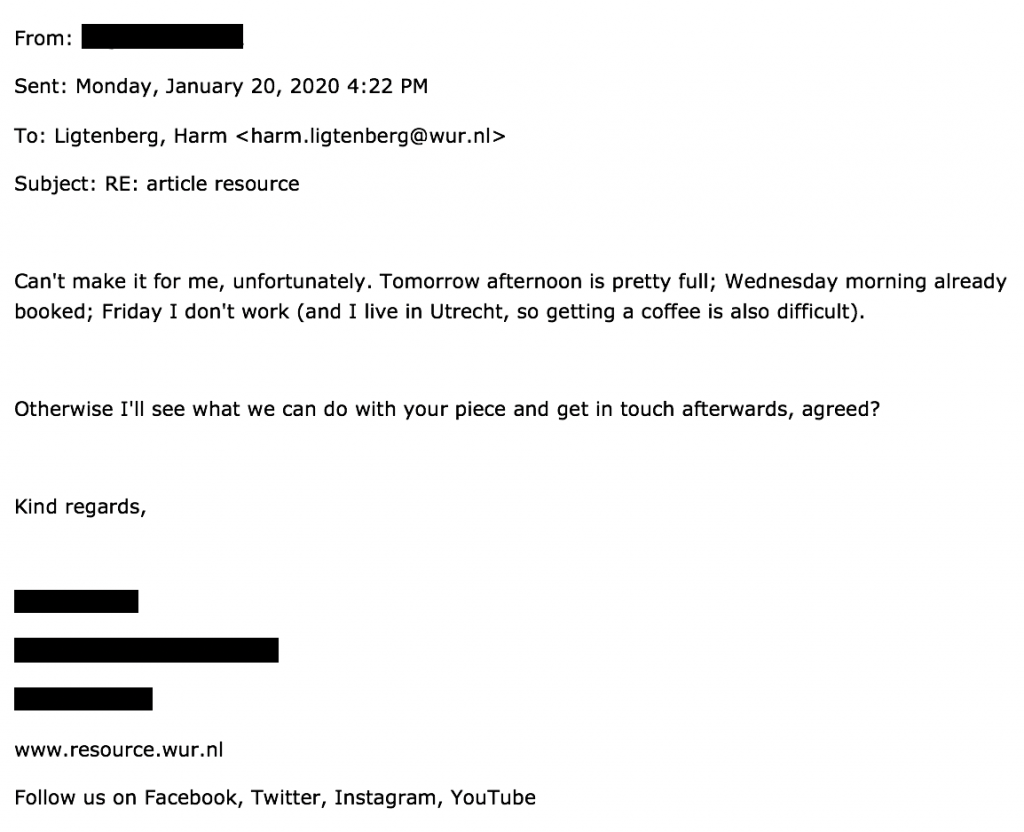

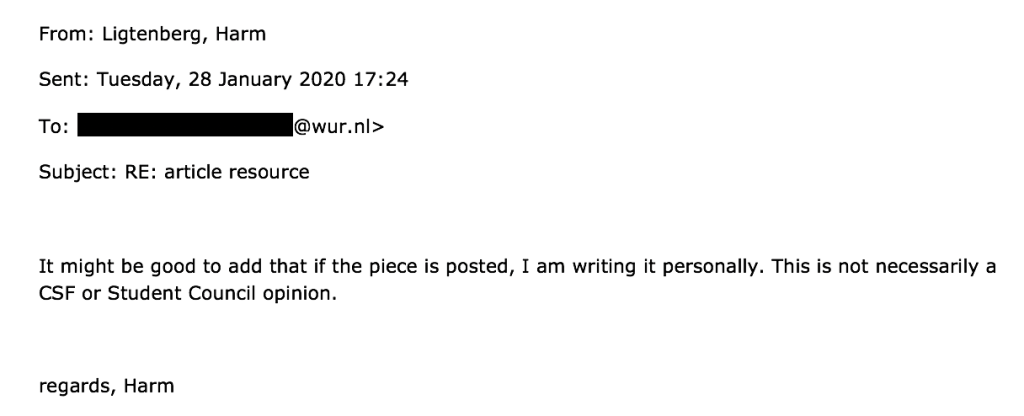
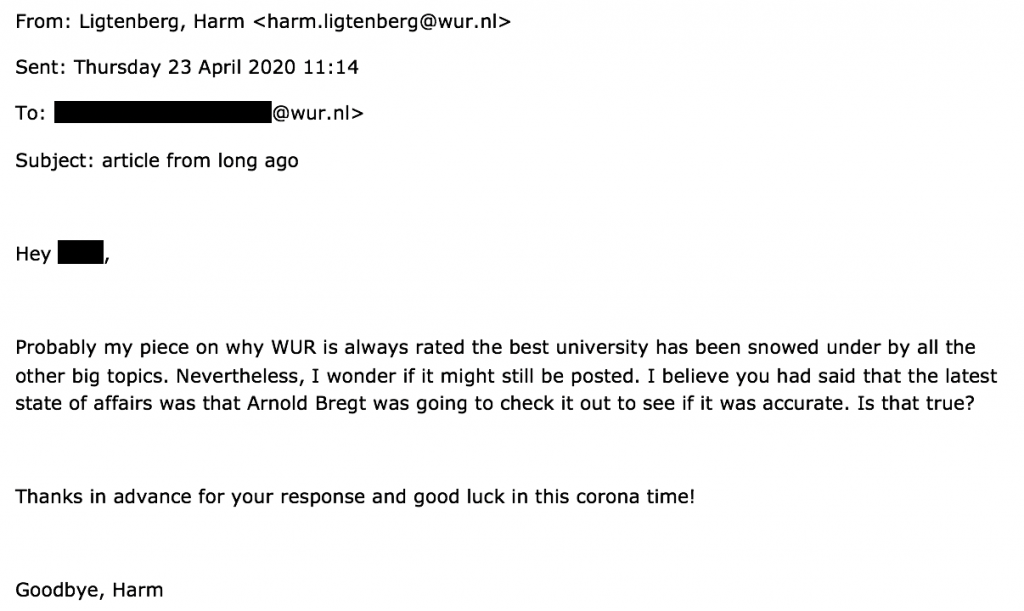
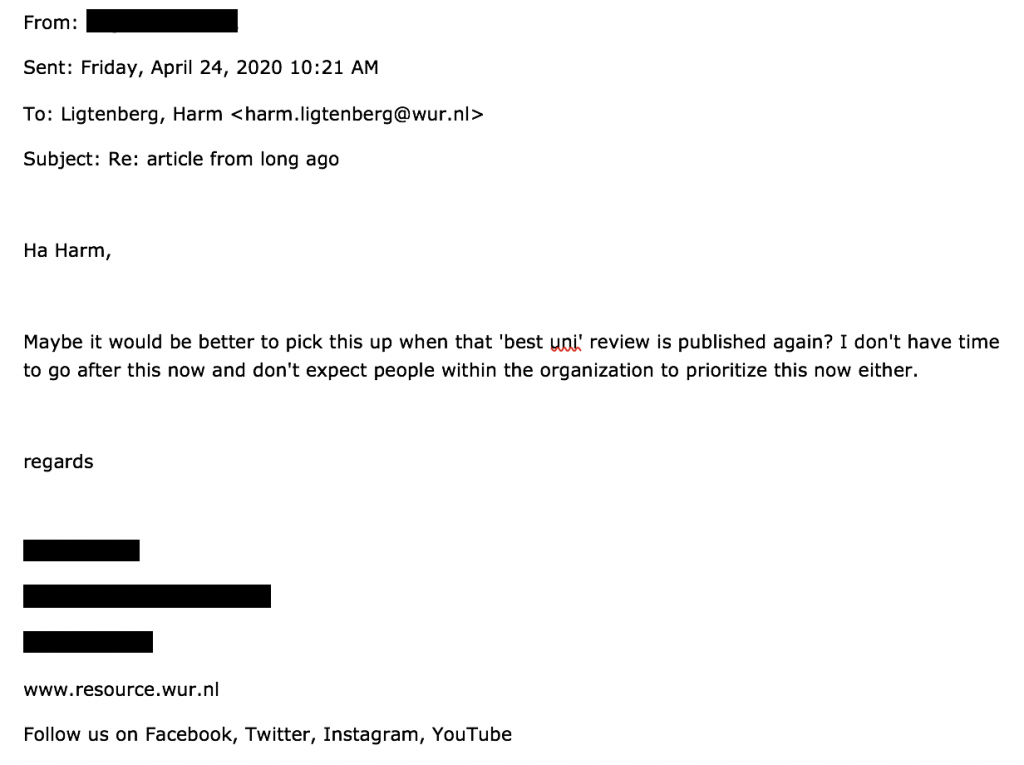
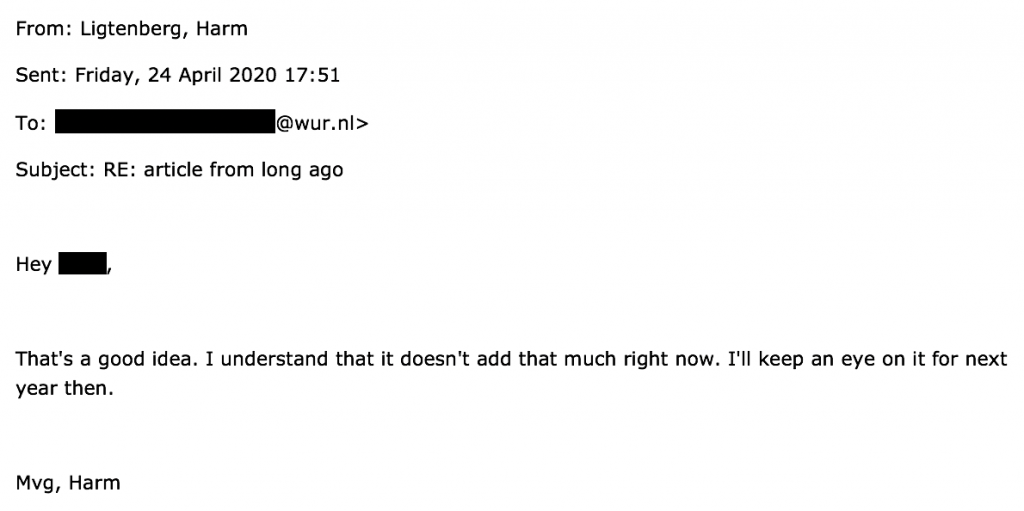
Comment from Harm to Fernando, a Jester journalist: In a talk we had at the university, [anonymous] from Resource told me that Arnold Bregt would have a look at it in order to check the content of my article was correct. A couple of months later, he replied that it was not a current topic anymore.
The Jester journalists couldn’t verify if Arnold Bregt had a look at Harm Ligtenberg’s article.

